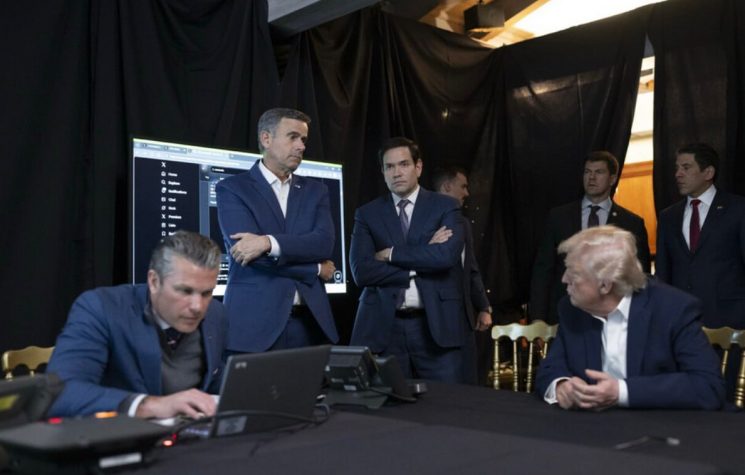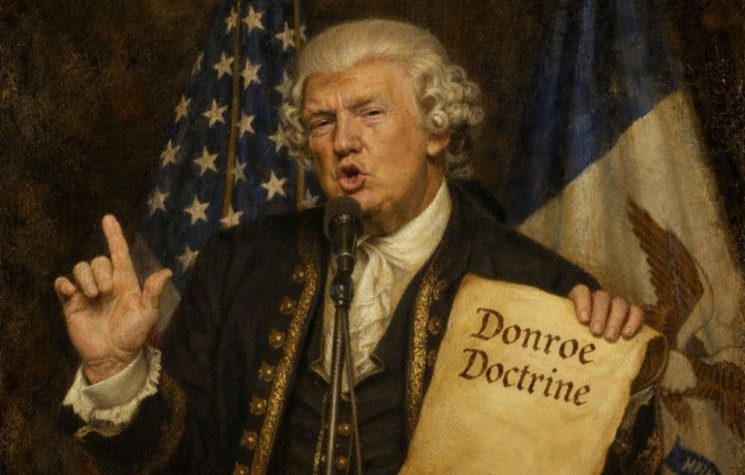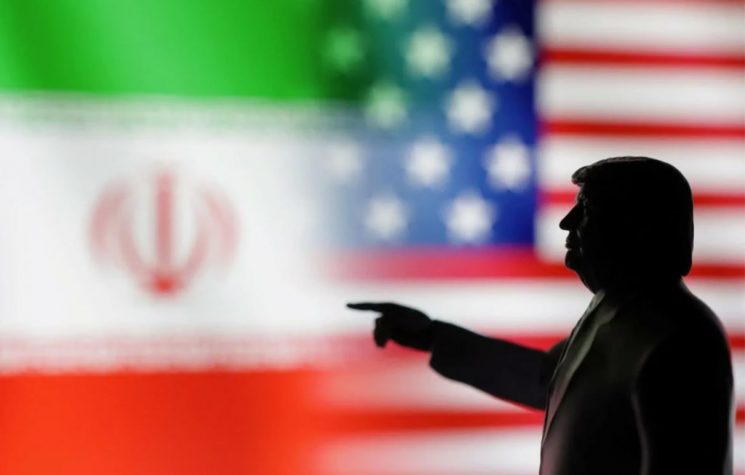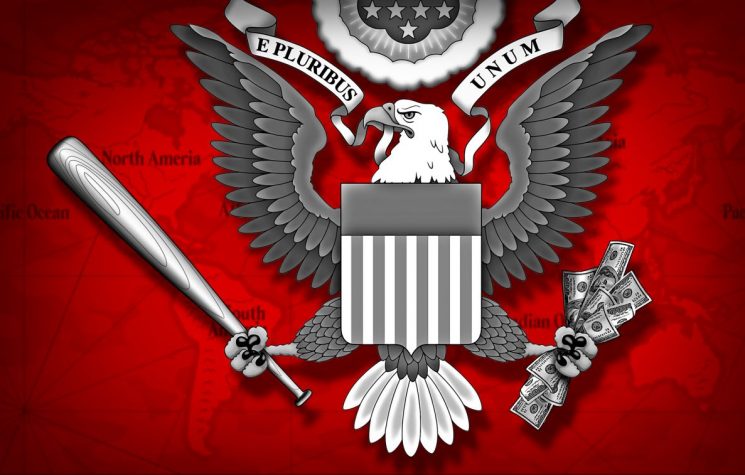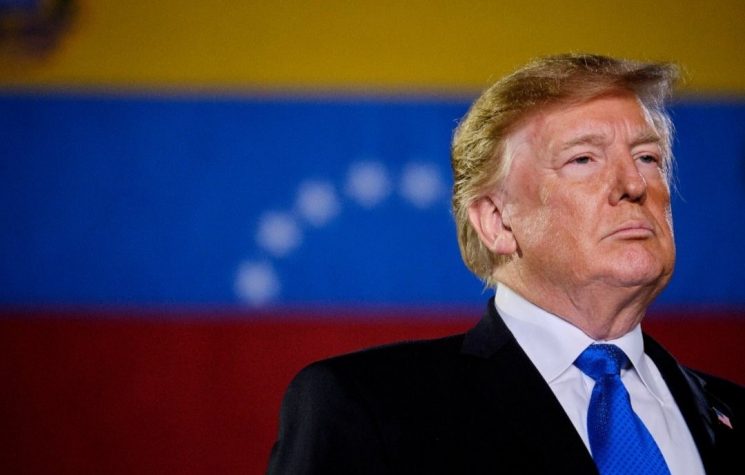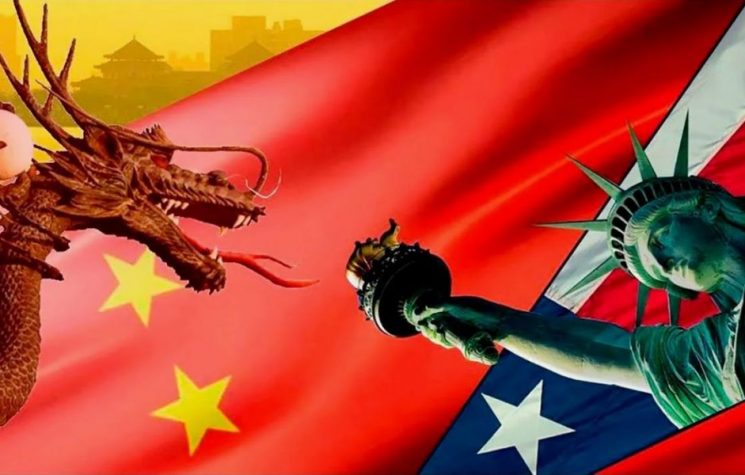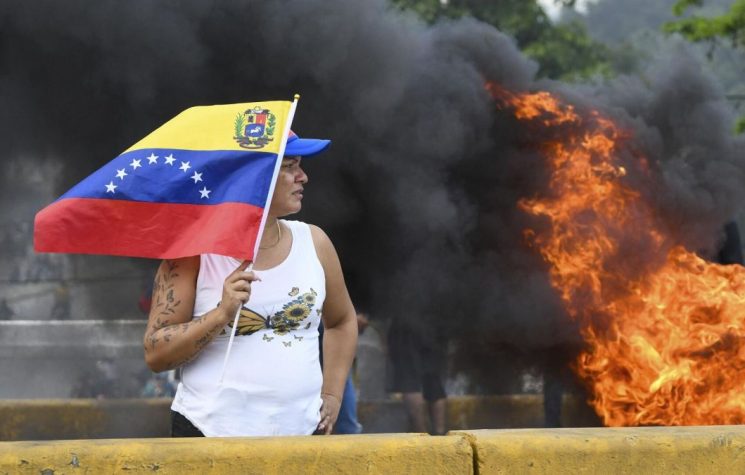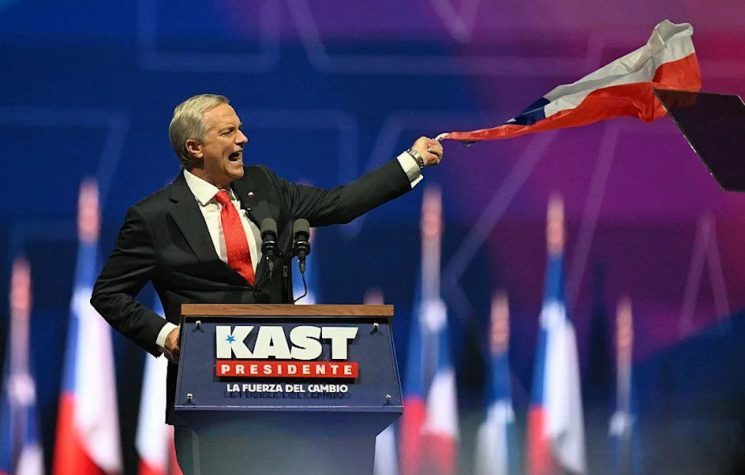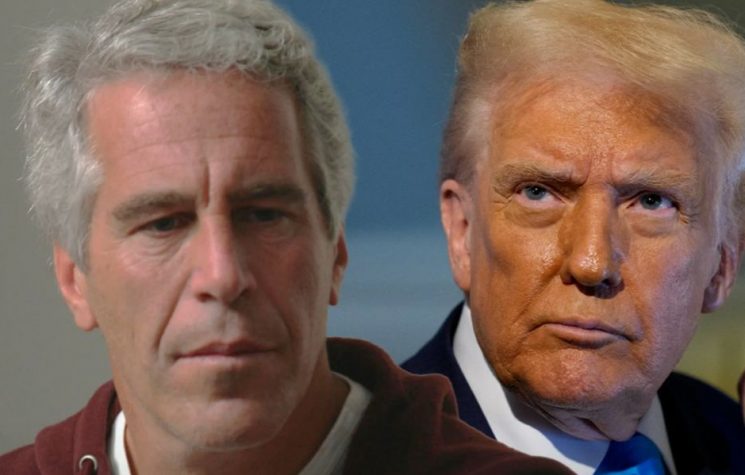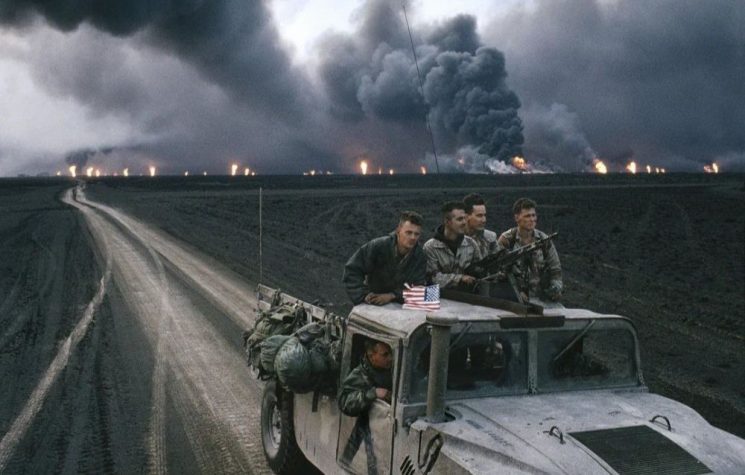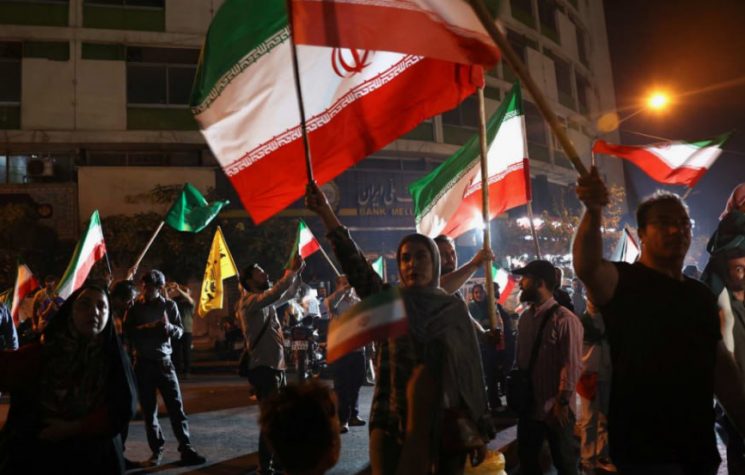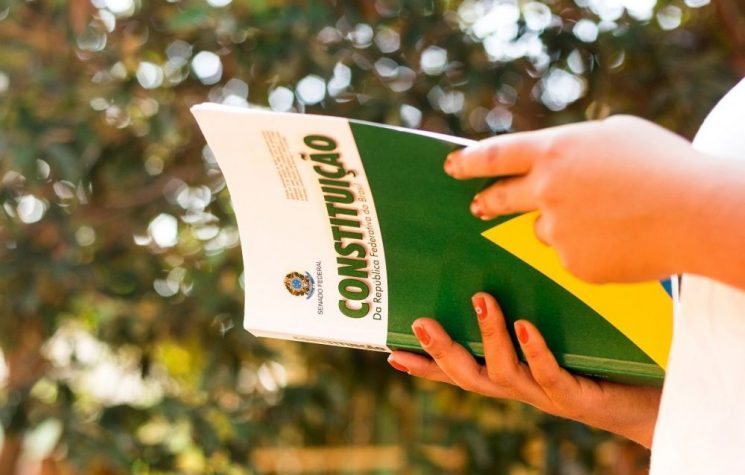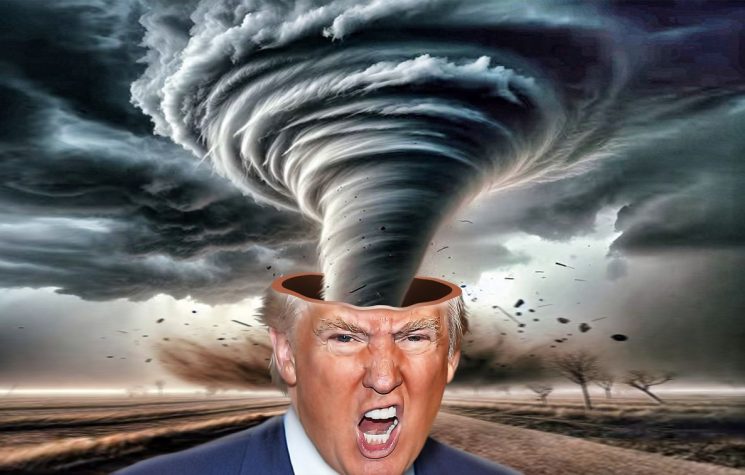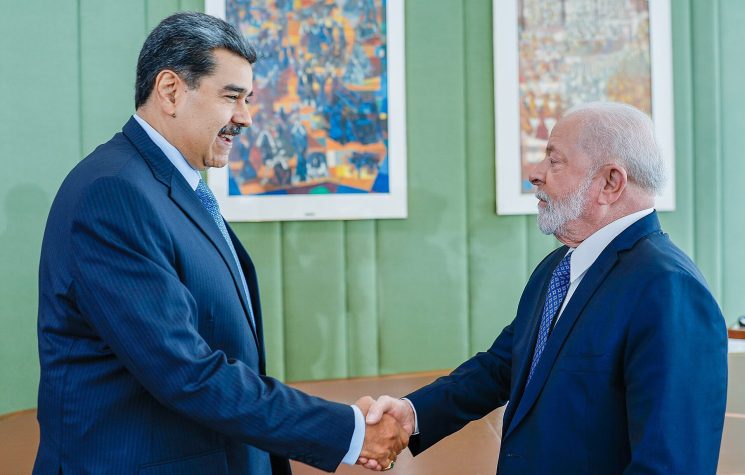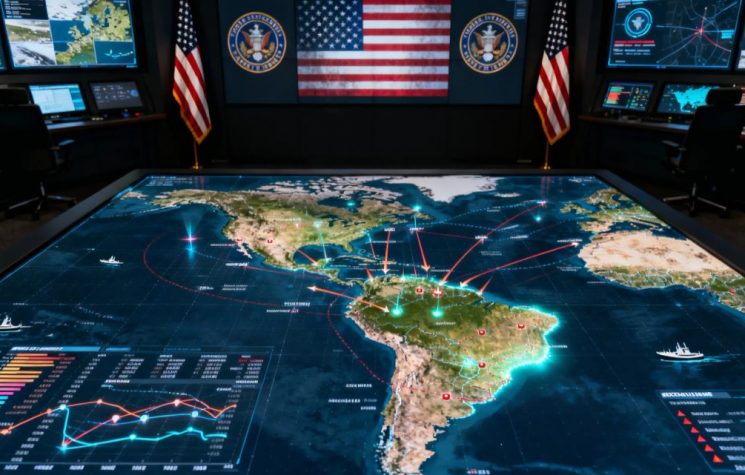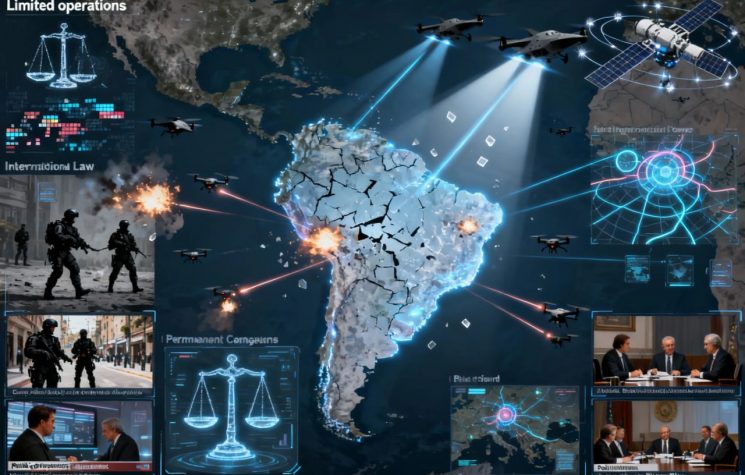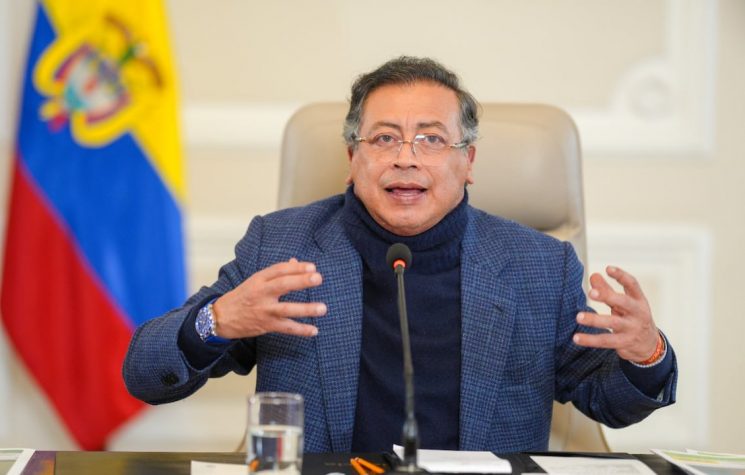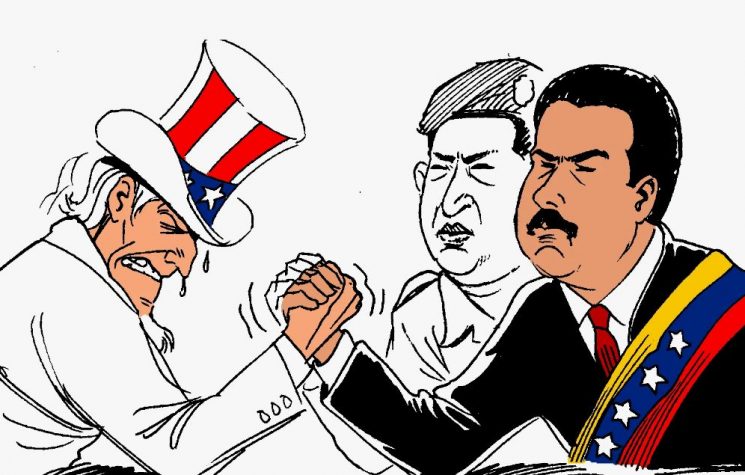The strategy of rapprochement with Brazil is based precisely on an effort to pull the country out of the “Chinese orbit.”
Join us on Telegram![]() , Twitter
, Twitter![]() , and VK
, and VK![]() .
.
Contact us: info@strategic-culture.su
A common vice found among geopolitically anti-imperialist analysts and journalists is the attempt to explain all international conflicts by the “single cause” of the imperialist quest for natural resources — almost always oil. This is how the Iraq War is classically explained, for example: “Big Oil” would have used the Bush administration to open markets, once closed, through bombing and territorial occupation.
This type of clearly materialist explanation stems from an evidently Marxian premise, insofar as it aims to treat all social, cultural, and political phenomena as epiphenomena before the preponderant and structural reality of economic transformations and interests.
Like a good part of the 19th-century pseudo-scientific efforts to reduce reality to a single principle (as was the case with Freudianism and Positivism), this economist materialism also does not hold up under the hammer of critical analysis.
Just as an example, in the Iraqi case, the generic materialist explanation does not withstand the empirical discovery that the major U.S. oil companies were, in fact, already on a path of dialogue with the counter-hegemonic countries of the Middle East and, precisely for that reason, tried unsuccessfully to pressure for non-intervention and the pacification of American-Iraqi relations.
Nonetheless, the “oil myth” persists in the study of the Middle East. So we are not surprised that it is appealed to once again to explain the U.S. pressure on Venezuela. The narrative says that Trump’s pressure on Maduro, and the threats to overthrow his government, are due to Trump’s interest in Venezuela’s 300 billion barrel reserves — the largest in the world.
The problem with this narrative, however, is that according to all indications, Maduro would have offered to close extremely advantageous partnerships with the U.S. for the exploitation of Venezuelan oil, given that the current level of extraction in Venezuela is minimal. From a material perspective, the deal would be quite interesting for the U.S. oil industry, as the country consumes a vast amount of oil and its reserves are “only” the ninth largest in the world.
Everything indicates, however, that Trump would have rejected the offer of a deal.
The U.S., apparently, wants something that is worth more than the largest oil reserve in the world.
This is where geopolitical science comes in.
Generally, geopolitics is confused with “geo-economics,” in the sense that many people believe they are seeing a “geopolitical analysis” when they see an attribution of economic causes to some international conflict. But geopolitics is, fundamentally, the science that studies the correlation between geography and power. In this sense, resources can enter into geopolitical analyses, but only as part of a general context.
And in the Venezuelan case, even the very important and abundant oil is of secondary importance in the conflict with the U.S.
More important than oil, for the U.S., is to guarantee hemispheric hegemony — especially in the Americas. It is about, as defined in an arrogant and classic manner, the U.S. “backyard,” a space in which the U.S. elite in the 19th century decided to no longer tolerate any European presence.
Let’s fast forward 200 years. How are the international relations of Ibero-American countries?
China is the main commercial partner for most countries in the region, several of which have joined the Belt & Road Initiative (Argentina, Bolivia, Chile, Colombia, Cuba, Costa Rica, Ecuador, El Salvador, etc.). Some countries in the region (Brazil, Bolivia, Cuba) have also joined BRICS, which works towards the de-dollarization of international trade. Specifically Russia, in turn, has developed military ties — which consist of supplying equipment and conducting exercises — especially with Venezuela, Cuba, and Nicaragua, with a military rapprochement also with Bolivia and, to a lesser extent, Peru and Brazil.
In a context where pressure on the U.S. in other regions of the world is growing, it is dangerous for U.S. hegemony to see the growth of Russian-Chinese influence in its “backyard.”
Venezuela is a significant and priority target there because it is precisely the country with the deepest strategic relations with Russia and China. Venezuela is one of the main sources of oil for China, while at the same time Caracas seems to play a relevant role in the multifaceted Russian strategy of “pushing” for multipolarity by strengthening countries around the world that try to challenge the hegemonic order.
To confirm this thesis, we would need to analyze U.S. relations with the rest of the continent to verify if there is any movement by the U.S. to try to pull countries in the region away from Russia and China.
And it seems very clear: the strategy of rapprochement with Brazil is based precisely on an effort to pull the country out of the “Chinese orbit.” The U.S. also pressured Mexico to remain outside the New Silk Road. The U.S. increased its presence in Ecuador and pressured Milei to abandon plans for a Chinese base in its territory. Examples abound to indicate that we are facing a broad continental offensive whose goal is to update the Monroe Doctrine for the 21st century.
It is not, therefore, about oil, but about hegemony.











